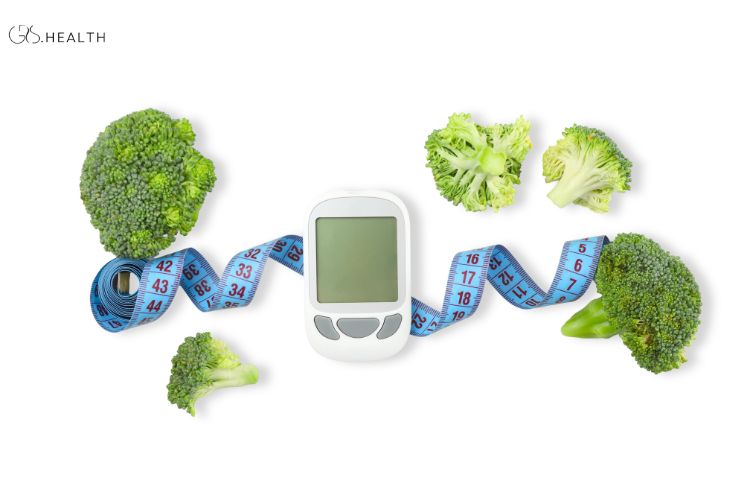The Mediterranean diet is renowned for its health benefits and is often touted as a model for promoting longevity and well-being. Central to this diet is the consumption of red wine, a staple in the region’s cultural and culinary traditions. However, recent research linking alcohol consumption to an increased risk of cancer has raised questions about the inclusion of red wine in the Mediterranean diet. This article delves into the complex relationship between alcohol, particularly red wine, and its role in the Mediterranean diet, examining diverse perspectives and shedding light on the controversies surrounding this dietary practice.
Why Is Red Wine Included in the Mediterranean Diet?
Red wine has long been associated with the Mediterranean diet due to its potential health benefits. It is rich in antioxidants, such as resveratrol, which is believed to have anti-inflammatory and heart-protective properties. Moderate consumption of red wine has also been linked to a reduced risk of heart disease and improved longevity. The cultural significance of wine in Mediterranean countries further reinforces its place in the diet, as it is often consumed in moderation during meals as part of social gatherings and celebrations.
Moreover, red wine is often seen as a symbol of the Mediterranean lifestyle, which emphasizes leisurely meals, fresh and seasonal ingredients, and a strong sense of community. The ritual of enjoying a glass of wine with family and friends is deeply ingrained in Mediterranean culture and is considered essential for fostering relationships and promoting overall well-being.
(Read more about the Mediterranean diet guide)

Still, Most Experts Agree Red Wine Isn’t Healthy
Despite its long-standing association with the Mediterranean diet, the health benefits of red wine are not as significant as commonly believed. While moderate consumption may offer some cardiovascular advantages, most experts caution against promoting red wine as a health elixir. Recent studies have shown that even moderate alcohol consumption, including red wine, is associated with an increased risk of several types of cancer, including breast, colon, and liver cancer.
The International Agency for Research on Cancer (IARC), a specialized agency of the World Health Organization, has classified alcohol as a Group 1 carcinogen, indicating that there is sufficient evidence to link alcohol consumption to cancer development. The risks associated with alcohol consumption far outweigh the potential benefits, leading many health professionals to advise against regular alcohol intake, including red wine, for its presumed health benefits.
Should You Drink Red Wine on the Mediterranean Diet?
Given the conflicting evidence surrounding red wine consumption and its potential health risks, the question arises: Should red wine still be a part of the Mediterranean diet? The answer is not straightforward and largely depends on individual preferences, lifestyle factors, and overall health status.
For those who choose to consume alcohol, moderation is key. The Mediterranean diet emphasizes balance and portion control, and the same principles should apply to red wine consumption. Limiting alcohol intake to one glass per day for women and up to two glasses per day for men is generally considered a moderate and safe approach.
However, individuals with a history of alcohol abuse, certain medical conditions, or a family history of cancer should exercise caution when incorporating red wine into their diet. In such cases, it may be more prudent to seek alternative sources of antioxidants and heart-healthy nutrients found in fruits, vegetables, nuts, and olive oil, which are core components of the Mediterranean diet.

Conclusion
The inclusion of red wine in the Mediterranean diet remains a subject of debate and controversy. While red wine has been a symbol of the Mediterranean lifestyle for centuries and is associated with certain health benefits, the risks of alcohol consumption, particularly its link to cancer, cannot be overlooked.
Ultimately, the decision to drink red wine as part of the Mediterranean diet should be made thoughtfully and with consideration of individual health factors. For some, the cultural and social aspects of wine may outweigh the potential health risks, while others may choose to forgo alcohol altogether in favor of a more balanced and holistic approach to nutrition.
The Mediterranean diet offers a wealth of health-promoting foods and lifestyle practices that extend beyond red wine consumption. By focusing on the diverse array of nutrient-dense foods that define this diet, individuals can reap the benefits of improved cardiovascular health, weight management, and overall well-being without relying solely on red wine for its perceived advantages.
In the end, moderation, variety, and mindful eating are the cornerstones of a healthy Mediterranean diet, allowing individuals to savor the flavors of the region while prioritizing their long-term health and wellness.
Sources
- World Cancer Research Fund International, Alcoholic drinks and the risk of cancer
- International Agency for Research on Cancer, Alcohol consumption










